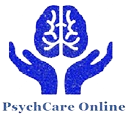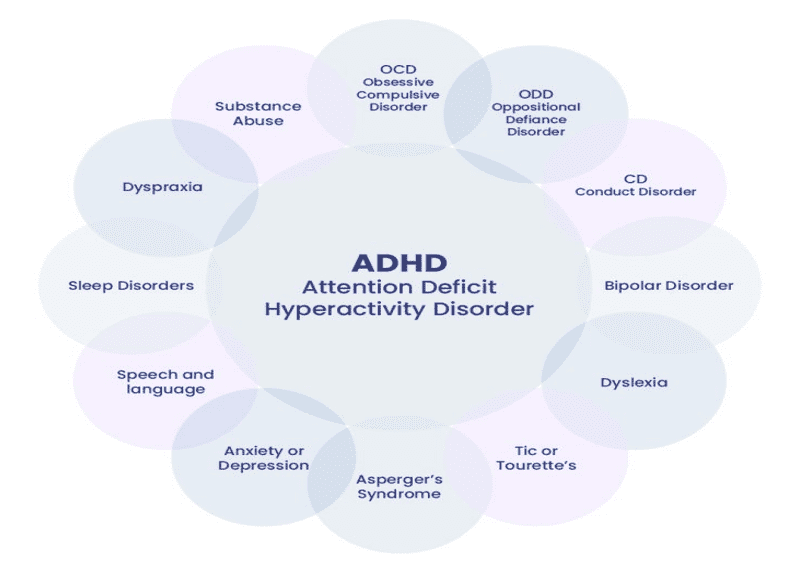Medico-Legal Psychiatric Reports
We are well experienced in providing high-quality medico-legal psychiatric reports. Our team includes experienced consultant forensic psychiatrists who are skilled in the nuances of legal and psychiatric intersections.
We offer comprehensive psychiatric assessments and reports for a variety of legal purposes, including:
- Criminal Cases: Our experts provide assessments regarding fitness to plead, ability to stand trial, the insanity defence, and recommendations for mental health disposals.
- Family Law and Care Proceedings: We deliver detailed reports that assist in determining the mental health concerns impacting family dynamics and parental capabilities.
- Immigration/Asylum Cases: Our psychiatrists assess the mental health of individuals seeking asylum, helping to identify how their psychological state may be affected by their immigration experiences.
- Parole Hearings: We produce reports that evaluate the mental health of inmates, which are crucial for parole boards to consider the suitability for release.
- Mental Health Review Tribunals (MHRT): Our independent reports support tribunals in making informed decisions about the treatment and rights of those under mental health care.
- Personal Injury Cases: We assess psychiatric injuries to determine their extent and impact, providing essential insights for legal proceedings and compensation claims.
Our forensic psychiatrists are committed to delivering reports that meet the highest standards of clarity, thoroughness, and relevance. Each report is tailored to the specific requirements of the case, ensuring that all legal and medical aspects are carefully considered and addressed.
We work closely with legal professionals, ensuring that all necessary psychiatric evaluations are conducted comprehensively and consider all aspects of the individual's mental health in relation to their legal situation. Our goal is to provide reports that aid in the fair and thorough consideration of each case.
For more information or to book an appointment, contact us directly.
Mental Health Disorder Assessments, and Diagnostic Services
Our diagnostic services cover a broad spectrum of psychiatric disorders, ensuring comprehensive assessment and management for adults experiencing mental health challenges. We specialise in diagnosing and treating the following conditions:
Each assessment is conducted with a deep understanding of the individual’s history and current circumstances, ensuring a personalised and detailed treatment approach.
For more information or to book an assessment, contact us directly.
What Does an Autism Spectrum Disorder Assessment Look Like and What Can You Expect?
Bipolar Disorder
A mental health condition causing extreme mood swings including emotional highs (mania or hypomania) and lows (depression). Derived from the Latin words bi, meaning 'two', and polus, meaning 'pole', bipolar disorder involves two extreme emotional states. Picture a world where you swing between the highest highs and the deepest lows.
Symptoms: Euphoria, increased energy, unusual irritability, depressive episodes, feelings of despair, changes in appetite, and sleep disturbances.
Depression
A common but serious mood disorder. It affects how you feel, think, and handle daily activities. The term 'depression' comes from the Latin deprimere, 'to press down'. Imagine a weight constantly pressing down on your mood, actions, and daily life.
Symptoms: Persistent sadness, loss of interest in activities, changes in appetite or weight, sleep disturbances, feeling worthless, and difficulty concentrating.
Personality Disorders
The term "personality" originates from the Latin persona, meaning mask. Personality disorders involve masks that don’t quite fit, where patterns of thinking, feeling, and interacting with the world become rigid and unhealthy.
Symptoms: Vary widely but generally include significant disruptions in relationships and social interactions, issues with self-image, and difficulty managing emotions and behaviour.
PTSD (Post Traumatic Stress Disorder)
A disorder that may develop after exposure to a terrifying event or ordeal in which severe physical harm occurred or was threatened.
Symptoms: Persistent frightening thoughts, flashbacks, numbing of emotions, irritability, and insomnia.
Stress
Originating from the Middle English "destresse," stress is the body's method of responding to any demand or threat. When It Becomes Too Much: You might feel overwhelmed, irritable, or physically drained, making it hard to cope with daily tasks.
Symptoms: Feeling overwhelmed, irritability, fatigue, difficulty concentrating, and changes in sleep habits.

